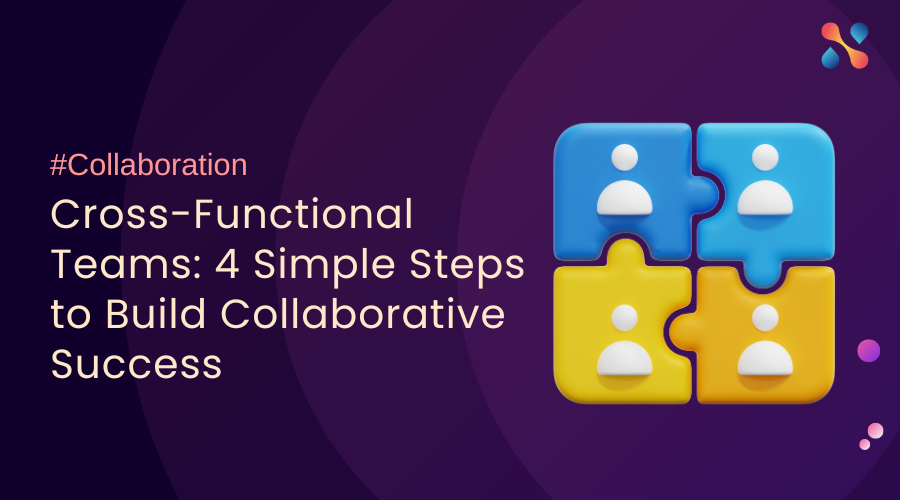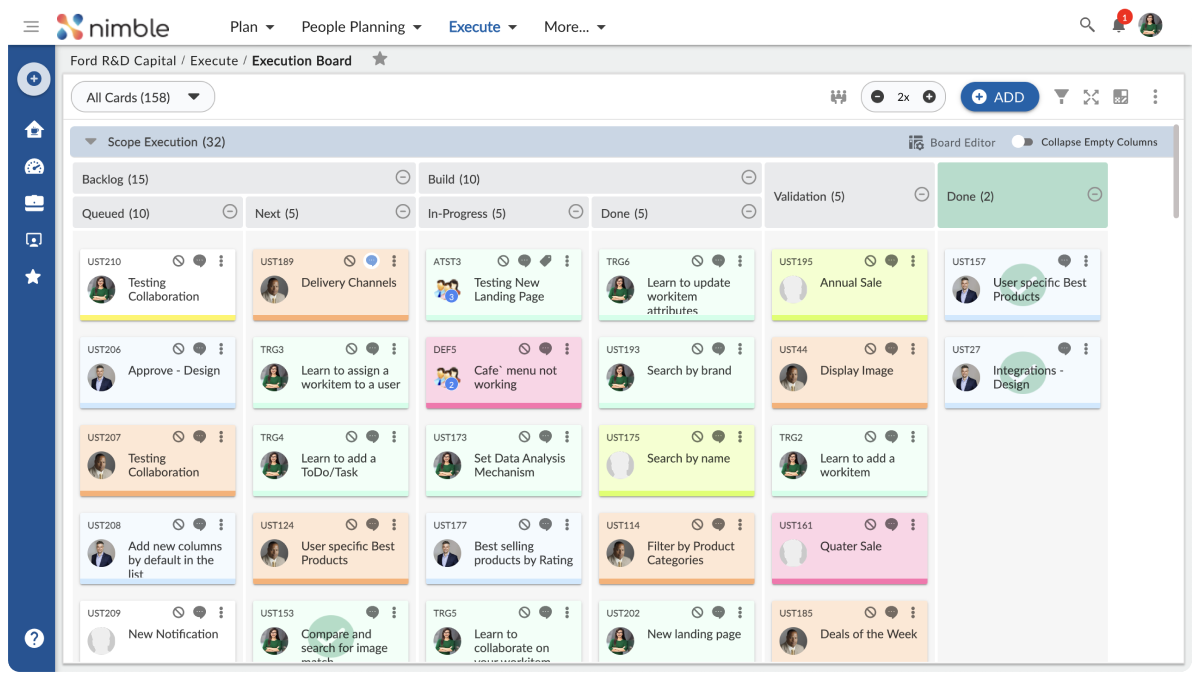In the fast-paced and ever-evolving landscape of modern business, the key to achieving organizational goals lie in the mastery of effective project management. Projects, whether they involve launching new products, enhancing efficiency, upgrading technology, improving customer satisfaction, or boosting employee morale, serve as the driving force behind transformative change. In this dynamic environment, the distinction between leading and managing is pivotal, as skilled project managers with strong leadership capabilities not only navigate projects toward success but also foster a collaborative atmosphere where individuals thrive. This, in turn, cultivates sustained excellence and adaptability in the face of evolving project complexities. Leadership becomes the catalyst that transforms project management from a structured process into a journey of inspiration and achievement.
Understanding the impact of effective project management is crucial. It acts as a catalyst for success, elevating project success rates by an impressive 2.5x. Skilled project managers optimize resource allocation, ensuring efficient team operations that contribute to heightened project success. One of the cornerstones of successful project management is establishing a clear project scope and objectives. This, when led by effective project management, averts a significant 37% of project failures attributed to vague or ambiguous goals.
Ensuring timely project delivery is a cornerstone of effective project management. While meticulous planning has been a traditional approach, the waterfall model, with its detailed upfront planning, often resulted in project overruns. Recognizing the need for a more adaptive and responsive strategy, the shift towards high-level planning coupled with agile execution has emerged as a game-changer.
In today’s project management landscape, the Hybrid Agile concept plays a pivotal role in bridging the gap between comprehensive planning and dynamic execution. Combining the structured elements of traditional project management with the flexibility and responsiveness of agile methodologies, Hybrid Agile provides a balanced approach.
Leadership in this context becomes a driving force for success. Strong and visionary leaders guide teams through the complexities of project management, fostering a culture of collaboration and innovation. In Hybrid Agile environments, leaders are not only facilitators but also champions of adaptability. They inspire teams to embrace change, navigate challenges, and stay focused on the ultimate goal.
Project managers, acting as communication hubs, play a crucial role in promoting efficient collaboration among team members. By maintaining transparency, trust, and understanding throughout the project lifecycle, they ensure that the entire team moves in unison toward the common goal.
The Dynamics of Leading vs. Managing in Project Success
In project success, the difference between project managers and project leaders is crucial.
Project managers are more operational-focused, they excel at structured planning and task execution, serving as efficient organizers to keep projects on course with clear plans, objectives, and resource allocation.
On the other hand, project leaders play a transformative role by providing a holistic vision and inspiration that transcends the boundaries of structured planning. They instill a profound sense of purpose, turning the project into a shared journey of excellence.
Crucially, project leaders prioritize psychological safety and open communication, fostering trust and innovation within the team. They excel in navigating uncertainties, promoting adaptability and resilience.
Prioritizing Psychological Safety
Crucially, project leaders prioritize psychological safety and open communication within the team. This emphasis fosters trust and innovation, creating a collaborative environment where team members feel empowered to express ideas, share concerns, and contribute to the project’s success.
Navigating Uncertainties and Promoting Adaptability
Project leaders excel in navigating uncertainties, promoting adaptability, and building resilience within the team. Their visionary approach guides the team with confidence, ensuring that challenges are viewed as opportunities for growth and improvement.
Individualized Approach for High Performance
With an individualized approach to team members, project leaders recognize and leverage unique strengths. This approach enhances collaboration, creating a harmonious and high-performing environment that goes beyond the conventional scope of structured project management.
Emphasis on Learning and Growth
Project leaders place a strong emphasis on learning and growth. Challenges are viewed as stepping stones for development, fostering a dynamic and forward-looking team culture that consistently seeks ways to enhance performance.
Long-Term Well-Being for Sustained Success:
Importantly, project leaders prioritize the long-term well-being of team members. This consideration contributes to increased job satisfaction and reduced stress, factors integral to sustained success that goes beyond immediate project goals.
The Symbiosis of Leadership, Management and Psychological safety in Project Success
Embracing Psychological Safety for Project Success:
The significance of psychological safety in project teams cannot be overstated, as highlighted by the HBR Neuroscience of Trust. In contrast to traditional approaches, teams fostering psychological safety experience a cascade of positive outcomes, directly impacting project success.
When teams operate with a foundation of trust, productivity sees a substantial boost. The research indicates that high-trust companies are 50% more productive. This increase is not merely a statistical metric; it translates into tangible progress and efficiency in project tasks.
Moreover, the infusion of trust brings about a remarkable surge in team energy. High-trust companies report being 106% more energetic at work. This heightened energy manifests as increased motivation, creativity, and a proactive approach, all essential ingredients for tackling project challenges.
The benefits extend beyond the workplace, influencing overall life satisfaction. Teams operating in an environment of trust are reported to have 29% more satisfaction with their lives. This resonates with the idea that a positive and trusting work environment contributes to the overall well-being and contentment of team members.
Crucially, the impact on well-being also extends to a 40% reduction in burnout. In contrast to the old ways, where burnout was often considered an inherent part of project intensity, prioritizing psychological safety acts as a potent antidote. Reduced burnout levels directly contribute to sustained team resilience and effectiveness throughout the project lifecycle.
A successful project manager seamlessly integrates the art of leadership with the science of management.
Conclusion
In the fast-paced arena of project success, the integration of effective project management, inspirational leadership, and a commitment to psychological safety stands as the linchpin for triumph. As project managers efficiently navigate structured plans and objectives, project leaders elevate endeavors into shared journeys of excellence, prioritizing trust, innovation, and adaptability.
The emphasis on psychological safety not only enhances team dynamics but also yields tangible benefits, including increased productivity, energy, and life satisfaction, coupled with a significant reduction in burnout. In essence, this harmonious fusion transcends traditional task completion, paving the way for enduring success and a collective pursuit of excellence well into the future. Organizations that want to achieve their goals should invest in developing the leadership and project management skills of their employees. By doing so, they can create a culture of excellence that will drive innovation and success.







